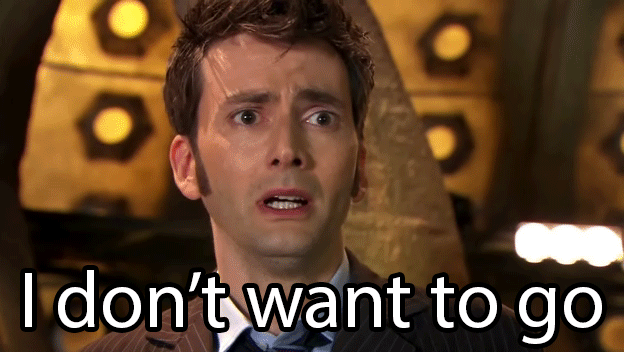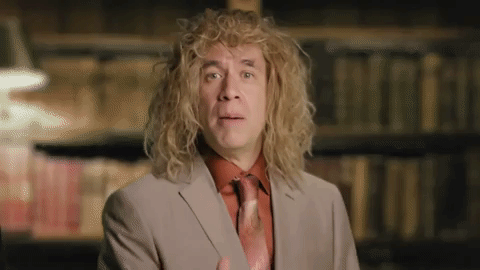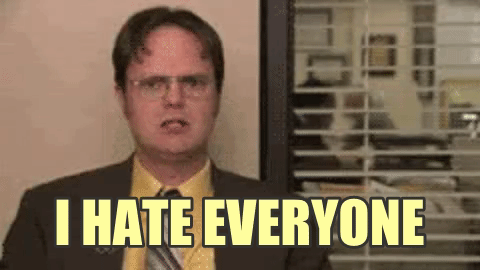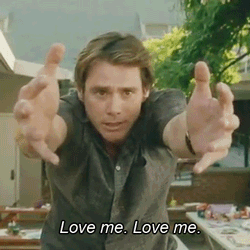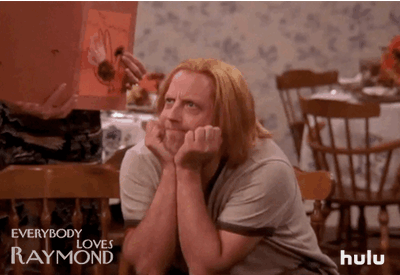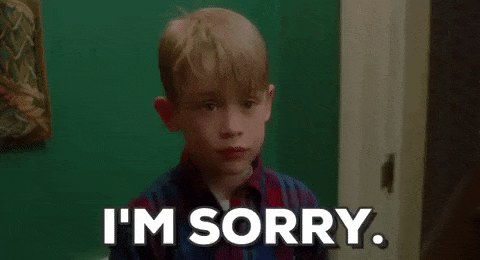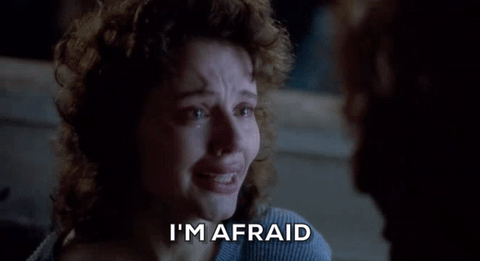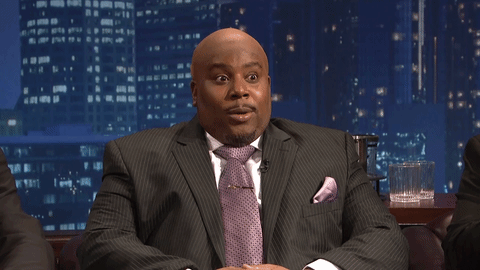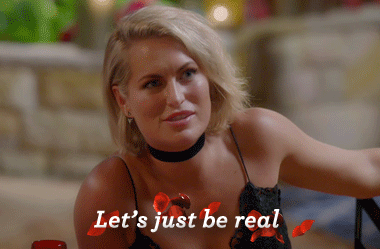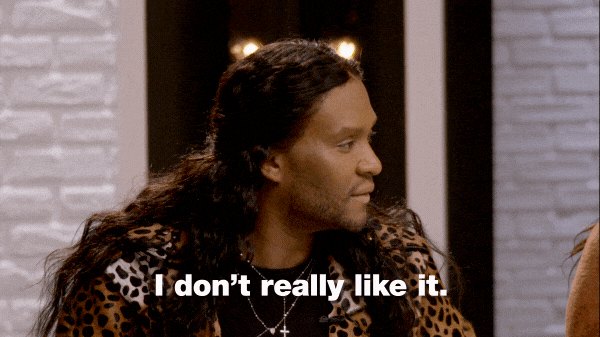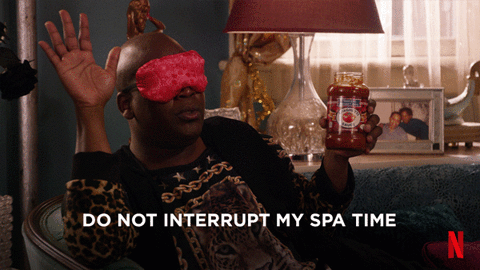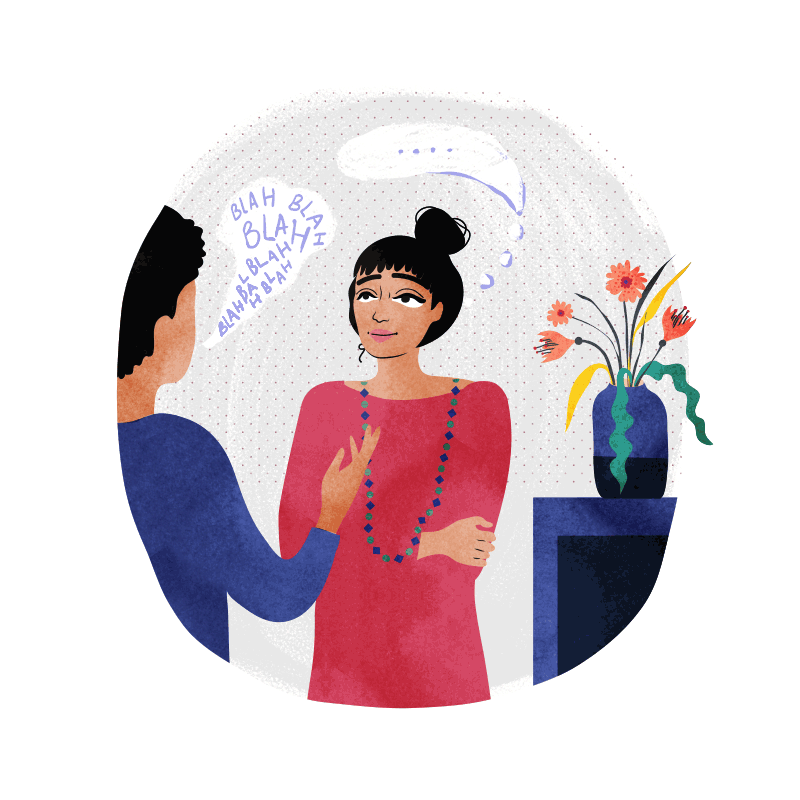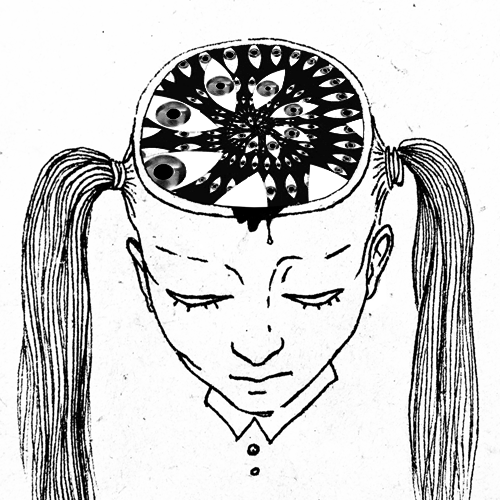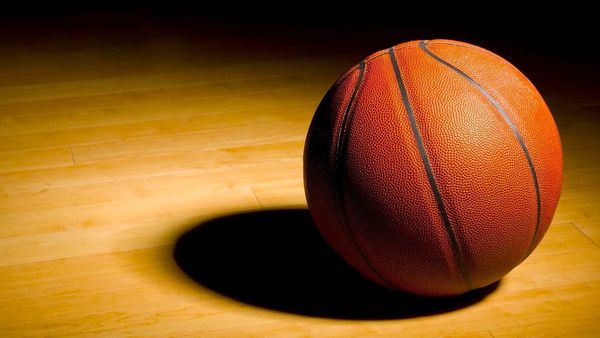Does The MBTI Personality Indicator Actually Work?
Is there concrete science behind it?
The Myers-Briggs Type Indicator has been widely used by businesses, universities, the military, and other organizations for decades to assess personality.
When I looked it up, I hadn't realized that Myers and Briggs were the names of two women. Like many people, I had assumed that they were two men who had found themselves working together in a clinic or a laboratory, had come up with this questionnaire and had popularized it through their networks in the business world, in the military, in the church, all of the different institutions where Myers-Briggs is really prevalent today.
Captivated by Jung's ideas, the mother-daughter team of Katharine Briggs and Isabel Myers published the Myers-Briggs Type Indicator (MBTI) questionnaire in 1943.
Myers and Briggs invented a way to translate Jung's theories into a practical tool that individuals can use to understand their particular personality type.
Now, over 20 million individuals take the MBTI assessment each year. According to The Washington Post: "More than 10,000 companies, 2,500 colleges and universities, and 200 government agencies in the United States use the test. From the State Department to McKinsey & Co., it's a rite of passage. It's estimated that 50 million people have taken the Myers-Briggs personality test since the Educational Testing Service first added the research to its portfolio in 1962."
What's interesting is that there are many more tests out there, many more models of analysis than Myers-Briggs. Yet Myers-Briggs is still the one that has the most powerful pull on our imagination. You don't often see people putting in their online dating profiles, for instance, their Big Five profile, or their Enneagram type. You do see them putting their Myers-Briggs type in there. You see Buzzfeed quizzes and type tables about Myers-Briggs and what your Myers-Briggs type says about which Game of Thrones character you are. This is the product that has continued to have the most endearing and persuasive pull on our imagination of who we are.
"In 1993, 89 of the Fortune top 100 companies were administering the Myers-Briggs test to their employees. The philosophy behind personality tests is that they don't want you to be in the wrong kind of job. The tests have been completely exposed as nonsense."-- Barbara Ehrenreich
Best-selling author and muckraker Barbara Ehrenreich is right -- the very familiar and widespread Myers-Briggs personality test has indeed been denounced in recent years as not valid or useful. Many still believe, though.
A Vox critique of Myers-Briggs points out that each type's description is positive ("thinker," "nurturer," etc.), painting a rosy picture for anyone taking the test. Thus, part of its popularity might lie in the pleasure of taking the test and reviewing results.
Multiple studies have found the system ineffective in being able to predict how successful various people would be at various jobs.
So, does your Myers-Briggs personality type really matter? The answer is probably not. Some employers and others may put a lot of stock in it, but a careful review of it suggests it mainly offers entertainment value.
Ultimately, I think if it's not Myers-Briggs then something else will fill its place. I think we are hungry for the kind of self-knowledge that it presents. We are seduced by the fact that it presents that knowledge in a painless and easily digestible way. I think we are also incredibly compelled by the fact that enough people around us know the language of a type so that if I tell you I'm an ENTJ (yes, this is my actual type, if you were wondering), you know exactly what that means. You might even be able to conjure up some famous people or literary characters or TV stars whose types are also ENTJ. It is a way of making meaning of a world that is messy and complicated for the need of putting people in boxes is something the human race is known for.





